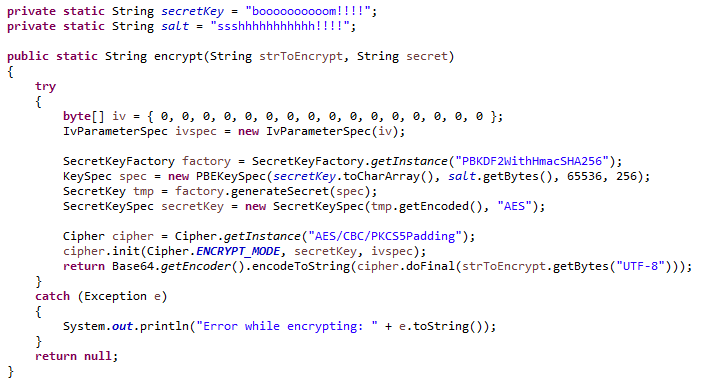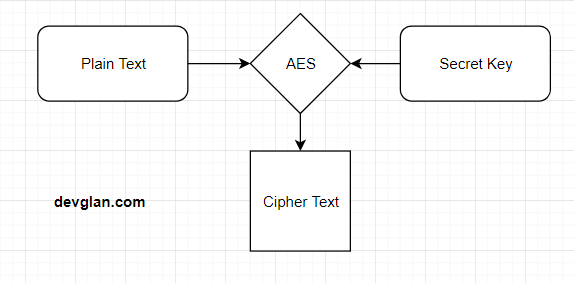Warning
- Generate Aes 256 Key Python Online
- Generate Aes 256 Key Python Download
- Generate Aes 256 Key Python Free
- Generate Aes 256 Key Python 3

Please do not mistake this article for anything more than what it is: myfeeble attempt at learning how to use PyCrypto. If you need to useencryption in your project, do not rely on this code. It is bad. It willhaunt you. And some cute creature somewhere will surely die a painfuldeath. Don't let that happen.
If you want encryption in Python, you may be interested in these libraries:
I spent a little bit of time last night and this morning trying to find someexamples for AES encryption using Python and PyCrypto. To my surprise, I had quite adifficult time finding an example of how to do it! I posted a message onTwitter asking for any solid examples, but people mostly just responded withthings I had seen before--the libraries that do the encryption, not examplesfor how to use the libraries.
Generate Aes 256 Key Python Online

Strings are not keys. If you want to create a test key, create one by decoding hexadecimal encoded bytes. And those look like 16 characters which means AES-128 rather than 256. If you want to use a password, you need a password based key derivation function (to perform so called Password Based Encryption, see the PKCS#5 standard).
- Cryptographic security of encrypted files is based on Advanced Encryption Standard (AES) algorithm in CBC mode with a key of 256-bits length. To use cryptit you need to install python and pip on your personal computer, generate strong session password (for this step you can read useful article on xkcd site, it’s very important) and then read.
- Python includes support for both in its standard library: import hashlib hashlib.sha1 ('this is my awesome password').digest # = a 20 byte string hashlib.sha256 ('another awesome password').digest # = a 32 byte string.
- Algo: Supported algo are: AES-CBC, AES-CTR, AES-GCM, RSA-OAEP, AES-KW, HMAC, RSASSA-PKCS1-v15, ECDSA, ECDH, and DH. Extractable is a Boolean indicating if the key can be extracted from the CryptoKey object at a later stage. KeyUsages is an Array indicating what can be done with the newly generated key. Possible values of the array are for AES.

It wasn't long after that when I just decided to tackle the problem myself. Mysolution ended up being pretty simple (which is probably why there weren't anysolid examples for me to find). However, out of respect for those out therewho might still be looking for a solid example, here is my solution:
Edit: thanks to John and Kaso for their suggestions, though John's didn'tseem to work for me (?)
Generate Aes 256 Key Python Download
Edit 2015.12.14: thanks to Stephen for pointing out that the block size for AES is always 16, and the key size can be 16, 24, or 32. See FIPS-197 for more details.
Generate Aes 256 Key Python Free
If you plan to use this script, you'll need to have PyCrypto installed on yourcomputer. I have had a difficult time finding this for Windows in the past, soI will mirror the installer that I found overhere:http://jintoreedwine.wordpress.com/2008/07/20/python-25-and-encryption-pycrypto-under-windows/.I haven't tried it on Mac OS X yet, but it should be fairly simple to installit. Same goes for Linux.
The output of the script should always change with each execution thanks to therandom secret key. Here's some sample output:
Generate Aes 256 Key Python 3
If the comments in the script aren't explanatory enough, please comment and askfor clarification. I will offer any that I am capable of, and I invite othersto do the same.